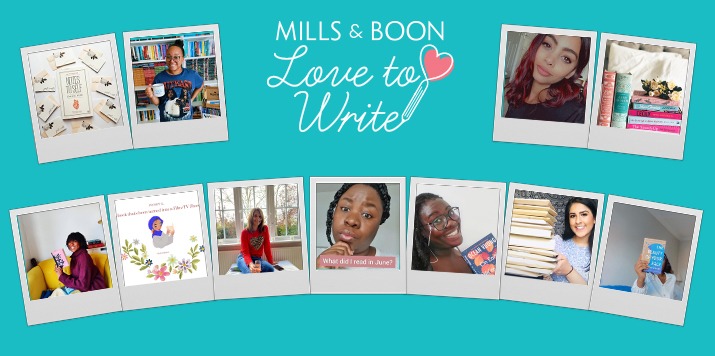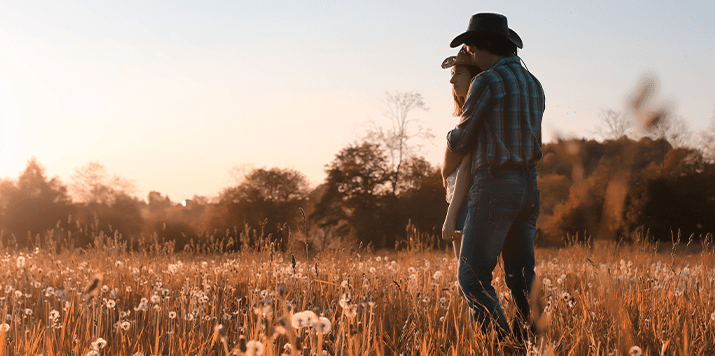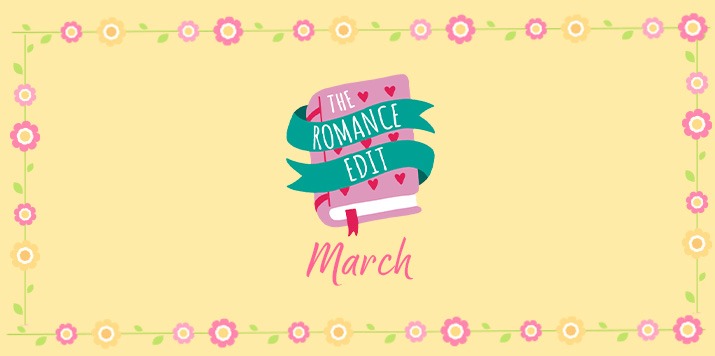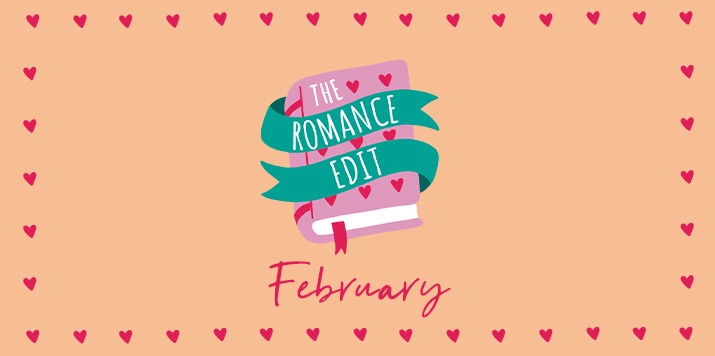As part of our campaign for the Love To Write competition, we’ve spoken to our amazing book community about what representation in fiction means to them.
Find out below!
*
As a writer with #Thrive Hachette and a longlisted author for Penguin’s #WriteNow competition, Amina knows a thing or two when it comes to fiction writing. Her page is filled with beautiful indoor and outdoor photographs of books and short stories she has reviewed.
Here are Amina’s thoughts on representation in fiction:
“As a Nigerian, English, Brazilian, Jewish, Polish South-Londoner, my family is incredibly diverse. Yet despite being an avid reader since I selected my first library book, I never thought I could be an author. Now, aged thirty, I realise that I didn’t think I could be an author because I never saw myself or my family in the novels I constantly devoured. Over the last few years, I’ve loved seeing the increase in diversity across the publishing industry. Books like ‘Omeros’ by Derek Walcott, ‘Queenie’ by Candace Carty-Williams and ‘Love in Colour’ by Bolu Babalola have taught me that authors come in all forms.
“This has led me to follow my dream of becoming an author of diverse issue-led fiction. I’ve been lucky enough to benefit from development programmes for writers of colour and would urge others to apply for similar schemes. Competitions such as ‘Love to Write’ are instrumental in helping to diversify publishing and champion narratives by writers from underrepresented ethnic backgrounds. We need more characters from a multitude of backgrounds across all genres to inspire all of the young girls who, like me, are growing up in a multicultural environment with their head in a book.”
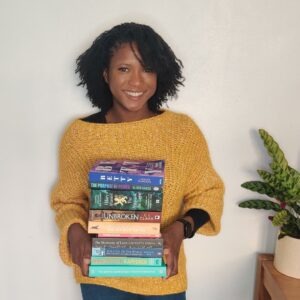
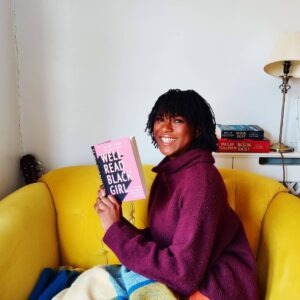
*
Reema’s reviews ALWAYS leave you knowing exactly whether or not a book is for you. She also posts her content to Twitter and TikTok and can we just say, her TikTok transition are *chef’s kiss*.
Here are Reema’s thoughts on representation in fiction:
“I’ve been happily reading books for 20+ years and only recently started noticing how there aren’t many characters who represent my ethnicity. I cannot describe the pure joy when I do find one gem that I see myself reflected in so clearly. Farah Naz Rishi’s “It All Comes Back To You” screams representation on the beautiful cover. Aliya Ali Afzal’s “Would I Lie To You” nudges you to see a more modern South Asian view. After all, in order to appreciate underrepresented ethnicities, we need to start asking for them to be included. How else will you know what a “chappal” to the head means, or why in certain ethnicities, relationships work in different ways.”

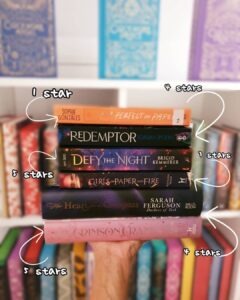
*
Amrit’s bookstagram account has quite possibly one of the best bios we’ve seen, ‘A novel page by a novel girl.’ This is exactly what Amrit’s content is – she posts in depth reviews of a wide range of fiction, leaving each novel a very helpful rating out of ten.
Here are Amrit’s thoughts on representation in fiction:
“Coming from an Indian family, and being the first one to be born in the UK, increasing cultural diversity within the literary field, both in terms of authors and content, is an incredibly important goal for me. Growing up in London, I was constantly surrounded by individuals of different races, ethnicities and cultures. However, this didn’t translate into the literature I read as a young child to even now! This dichotomy between ‘real life’ and ‘make believe’ always disorientated me. Why didn’t any of the characters have names like me, or look like me, or come from families like mine? The ‘Love to Write’ competition is pivotal in ensuring that we have more own voice authors representing those who are traditionally sidelined. It’s time that contemporary literature accepts and mirrors contemporary society. Thank you Mills & Boon and Amber Rose Gill for doing your share!”

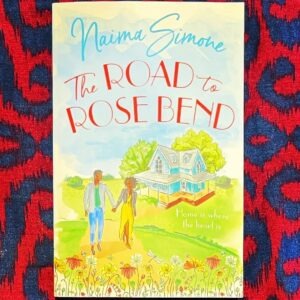
*
Among other talents, Anisah is an aspiring teacher and bookstagrammer. She recently hosted a fabulous scavenger hunt giving fun prompts for book lovers to take part in.
Here are Anisah’s thoughts on representation in fiction:
“We are seen; we are heard; we are important.” That’s precisely how I feel when I read novels from authors of underrepresented ethnic backgrounds. What I like about novels is that authors have the opportunity to embed their own culture, experiences and beliefs into their writing and imprint themselves within their characters. As we read from their perspectives, we see ourselves within the story, and it is a feeling like no other. It is a feeling of liberation.”
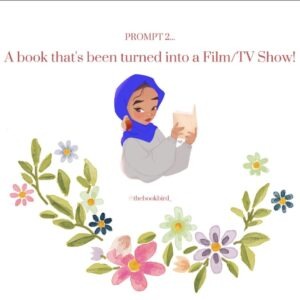
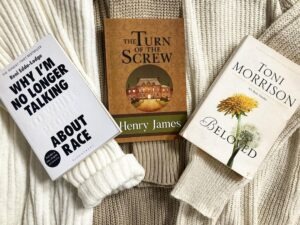
*
Sissi’s page has something for everyone, from classics to children’s books and everything in between. Each post is personable as well as informative, making you feel more and more a part of the lovely book community. Oh and we are more than a little envious of her book collection!
Here are Sissi’s thoughts on representation in fiction:
“I always say I read because one life is not enough for me. It is so important to read books about and by underrepresented ethnic groups so that we can truly understand and appreciate our differences as well as commonality. We listen, we watch and we read so we can learn. I truly believe compassion and empathy is the key to a harmonious society, and you can broaden your horizons and open your heart by reading more books about and by characters from underrepresented groups.”
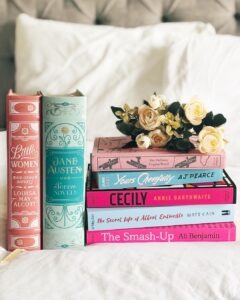
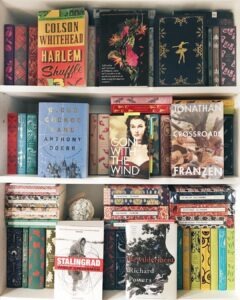
*
Nailah’s page is full of colourful, warm photos, fun challenges and informative reels. She also hosted a lively discussion with The Dinner Guest author B P Walter on One More Chapter’s channel which is well worth a watch.
Here are Nailah’s thoughts on representation in fiction:
“At its core, romance is a genre about the connection and relationship between two people. Why then, would we not want to explore this connection from the viewpoints of as wide a range of people as possible? To take much loved and familiar tropes and have them enriched by new voices.
Love is universal but our experiences and journeys in navigating relationships can differ. By increasing racial diversity and representation within the genre and championing underrepresented voices, we can further explore experiences and open up discussion about love in different ways. This is so important because as a reader, I’m looking to either be able to relate to a protagonist or for them to offer insight into perspectives I might not necessarily have. It also helps the romance genre to keep a finger on the pulse and stay relevant.”
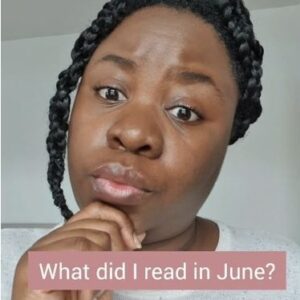
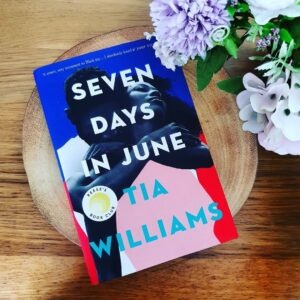
*
If you’re a fan of romance, Bree is the person to follow. She co-hosts The Categorically Romance podcast which features a host of incredible authors including some familiar Mills & Boon faces. Her posts also sum up how we wish we could spend our days: in a cute cafe, drinking coffee and reading.
Here are Bree’s thoughts on representation in fiction:
“For the longest time I really had to use my imagination to imagine myself as the girl who gets the happy ever after in the stories I love to read. I remember the first romance I read with a black woman on the cover and on the page who had an HEA at the end of the book. I could’ve been her! She could’ve been me! I felt seen and so special. Representation matters. Seeing yourself matters and how you see yourself represented matters. A few women of color authors who are auto-buy for me are Nadine Gonzalez, KD Richards, Denise N. Wheatley, Reese Ryan, Naima Simone, Therese Beharrie, Nina Crespo and Kathy Douglass. I recently read my first Jacquelin Thomas romance which is a small-town romance set on Polk Island called A Family for the Firefighter. I love small town romances but feel like even today I don’t always see myself in these fictional small towns I’m reading. Jacquelin’s book starred two people of color, had all the small-town charm I love and was absolutely infused with the culture of African Americans who have inhabited the islands off America’s southeast coast for years! I loved the glimpse into an experience different from my own. That’s why I read and that’s why who the storyteller is and the representation on the page matters so much to me.”
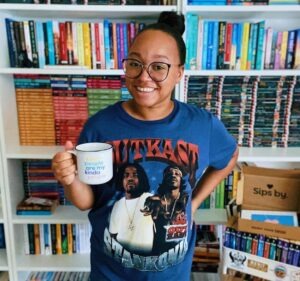
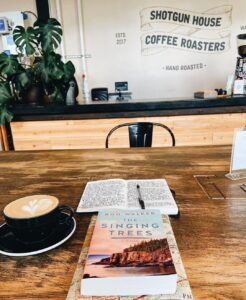
*
Aisha’s bookstagram page is filled with beautiful book stacks, photos in the dreamiest of locations and reels that all book lovers can relate to. She reviews a wide range of literature across genres, including short stories and anthologies.
Here are Aisha’s thoughts on representation in fiction:
“I love reading books by marginalised writers because there’s so much creativity and unlimited invention in their works. Existence on the margins can also be freeing and defiant, producing writing that is unconforming and not formulaic.
In terms of genre writers, I am currently reading Black Water Sisters by Zen Cho and loving it. I recently read Dial A for Aunties by Jessie Q Sutanto and Who’s Loving You” an anthology of short stories by Women of Colour edited by Sareeta Domingo. Both are stories that highlight the importance of seeing authors of colour writing romance, and I love that they also include stories by LGBTQ+ authors. Talia Hibbert is another author who writes in the genre, and I love that she centres disabled people of colour. Lara T Kareem is also an author I would love to spotlight, and she just recently published Love is Beautiful When in Bloom which is a collection of love stories.
Stories connect us to the world and reveal what matters most, irrespective of our differences. What’s more important than our humanity and our histories?”
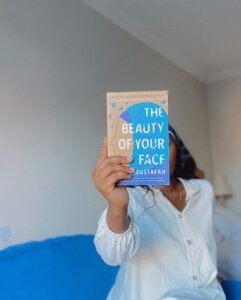
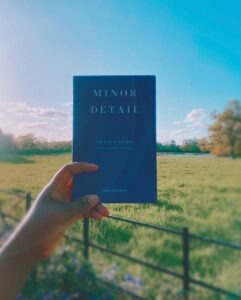
*
As a Marketing Executive at Harper Fiction, Namra knows a lot about the industry and it shows in her posts. Scrolling through her feed, you’ll find lots of exciting proof copies, industry insights and giveaways.
Here are Namra’s thoughts on representation in fiction:
“I call myself a hopeless romantic. I’ve fallen in love with fictional characters, felt excitement when protagonists hands graze one another and felt longing for them to finally admit their feelings and share the passionate kiss chapters have been building up to. As a hopeless romantic, I love the rush and roller-coaster of emotions. I’ll always be aboard the ride of romance, but sometimes the deep desire and pursuit of romance . . . isn’t enough.
I want to read about different perspectives and how this love is expressed. A hopeless romantic continues to believe in love despite struggles in the past, but a big struggle in our publishing industry that can’t be overlooked is the lack of diverse romantic writers. Yes, love is a universal feeling that isn’t bound by race or ethnicity, but I want to see the blossoming romance around me reflected in the pages I read. Love is laced with traditions and customers from different cultural backgrounds and as a reader I want to be swept off my feet by diversity!”
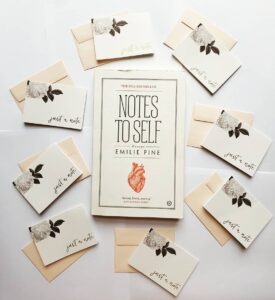
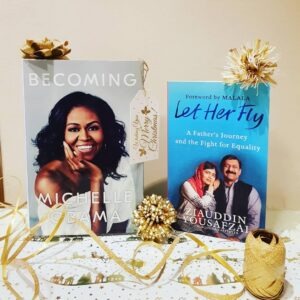
*
Patty’s page bursts with sunshine and she helpfully adds her recommendations for books by black authors, challenges and her 4 and 5 star reads to her highlights so they are easily accessible.
Here are Patty’s thoughts on representation in fiction:
“My earliest memory of reading is my brothers, cousins and I, gathered around my grandmother in her huge kitchen; stew bubbling on the stove, all of us barefoot in our underwear while she recited “Rumplestiltskin” for what must have been the 60th time – funny voices and all! I think it’s safe to say that I have engaged in the joy of reading for 30+ years and didn’t know that there was even more joy to be had when I started meeting characters and stories that represented me and acknowledged my existence in more ways than just being the token or the troublemaker! Not just in looks, but in culture, personality, lifestyle, family background and life experience.
Until then, any representation of myself in books was minimal and seemed so otherworldly. My inquisitive nature then led me to search for and find more stories written by, about and for the ‘other’.
As a result, I came across stunningly moving works like Susan Abulhawa’s “The Blue Between Sky and Water” that transported me across the world, only to find that we all love our families just the same. Caleb Azumah Nelson’s “Open Water” was the first time I saw my London represented in a book while unravelling the beautiful intricacies of the average love story.
Most recently, Dorothy Koomson surprised me with her thriller “Tell Me Your Secret”. A story which not only allowed me to see myself represented so casually in one of my favourite genres, but also referred ‘back home’ foods, such as ‘plantain, gari and red stew’ right here in the U.K.”
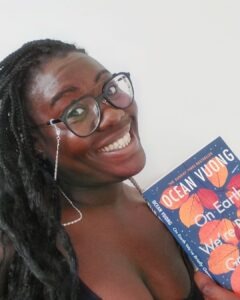
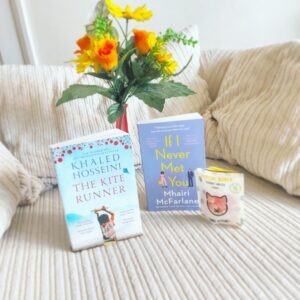
*
Sukhy is no stranger to the publishing industry working with Tandem Collective. She offers some incredible recommendations including books to suit your mood, the perfect summer reads and books that will get you out of a reading slump.
Here are Sukhy’s thoughts on representation in fiction:
“Everyone needs to see their face in fiction. Working in publishing, it has become more important to me than ever to help ensure that everyone has reading content that they can relate to and I am delighted that the Love to Write competition has been introduced to help redress the balance.”

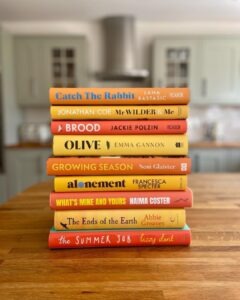
*
Rebecca is one to follow if you love all books, but if you’re especially into historical reads, she is an expert! Her reviews are thought-provoking, insightful and accompanied with beautiful photos.
Here are Rebecca’s thoughts on representation in fiction:
“The romantic genre has been a fundamental part of literature for as long as people have had the ability to write and compose prose or poetry. Romance is a healer, an entertainer and is loved and consumed by millions each year. Yet, a lot of romantic books and poetry I have read features only a specific group of people – namely, white people. In doing so, authors subconsciously tell their reads that white people are the only ones deserving of love. Representation is important in romance because it allows readers of all races, sexualities, genders, religions and social classes to see parts of themselves in the literature their reading. More diverse representation shows wider readership that, no matter where you are from, you are deserving of love and have a place in the romantic genre.”
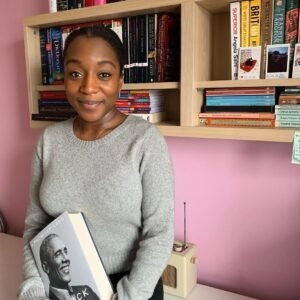
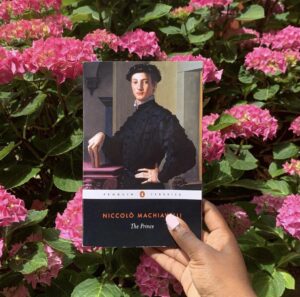
*
We’ve launched Love To Write in partnership with Love Island 2019 winner, Amber Rose Gill because we want to find new romance writers from under-represented ethnic backgrounds. Everyone should feel represented in the books they read and we want to champion authors and characters from under-represented ethnic backgrounds.
The winner of this competition will receive a book contract, a grant and a mentorship with an editor!
There’s still time to enter and the competition which closes on Monday 4th of October. Enter by submitting the first 5,000 words of your romance, along with a story synopsis. Find out more here.
